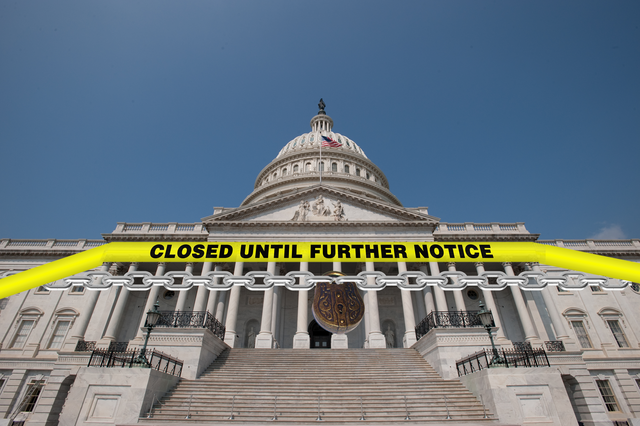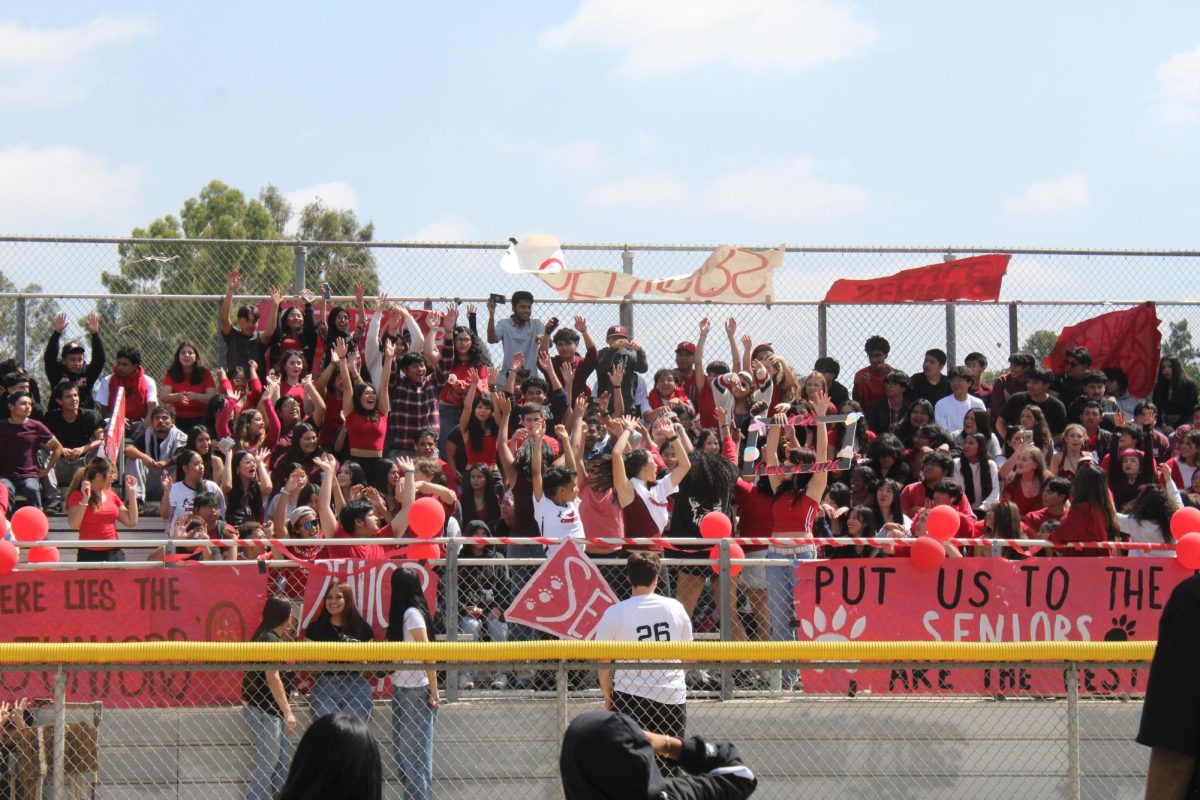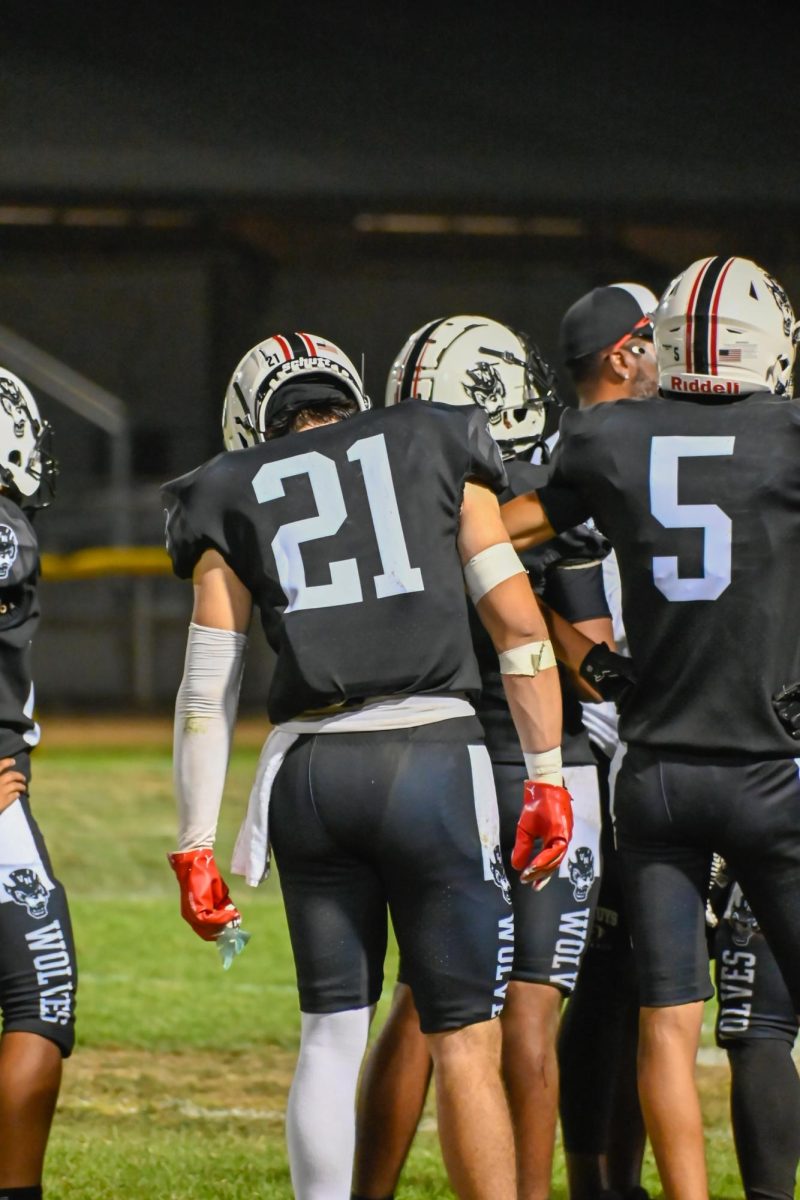Pilar Sims: Why Black pride is important
“The unification of the Black communities helps combat the current system, allowing for alternative ways for Black people to flourish in a society that benefits them little or none.”
Feb 24, 2020
“It’s such beauty in Black people and it really saddens me when we’re not allowed to express that pride in being Black and if you do, then it’s considered anti-white,” said Tina Knowles on black pride in “Tina Taught Me” by Solange Knowles.
“I’ve always been proud to be Black. Never wanted to be nothing else. Loved everything about it.”
For countless years Black people have been suppressed and shamed, for merely being black.
As a direct response to white racism and ideologies, especially during the height of the civil rights movement, Black pride rose within the communities to empower those and encourage the celebration of Black people and their heritage.
However the idea of Black pride is intimidating to those who don’t understand the idea or don’t try to understand, for they deem the movement as “anti-white” or “reverse racism.” Embracing and lifting up Black pride has nothing to do with hating white people.
Pro-Black doesn’t mean anti-white.
In the United States as of today, racism is still very present.
Though the country has removed some of its institutional, legalized racial discrimination — slavery, Jim Crow laws, “separate but equal” schools, and prohibitions on voting or owning land — there’s still huge inequality in education, housing, employment, wealth, representation in leadership positions, government surveillance, incarceration and drug arrests.
The unification of the Black communities helps combat the current system, allowing for alternative ways for Black people to flourish in a society that benefits them little or none.
From a young age, Black youth are exposed to anti-Black microaggressions, which are damaging to their mental health.
In a study conducted by the Journal of Applied Developmental Psychology, 101 Black youth between ages 13 and 17 from predominantly Black neighborhoods in Washington, D.C were surveyed each day for two weeks about any racial discrimination they had faced, while changes in their mental health were measured.
Over that period, the teens reported over 5,600 individual instances of experiencing racism, leading to short-term symptoms of depression.
The racism they experienced, which occurred primarily online, went from getting teased about physical appearance to digs about culture.
No wonder a Black person feels inferior when they are bombarded by nonstop critiques of their hair, their skin, their culture.
Added to this is a lack of positive Black representation in the media as Blacks are portrayed stereotypically and negatively. Being black is not a good thing; racism is internalized.
Throughout the years however, Black people have been resilient, despite the challenges they have faced and continue to face.
In a white-dominated society empowering, valuing, loving yourself and Black people collectively is powerful and important.
Black is beautiful. There’s a reason to be proud.








